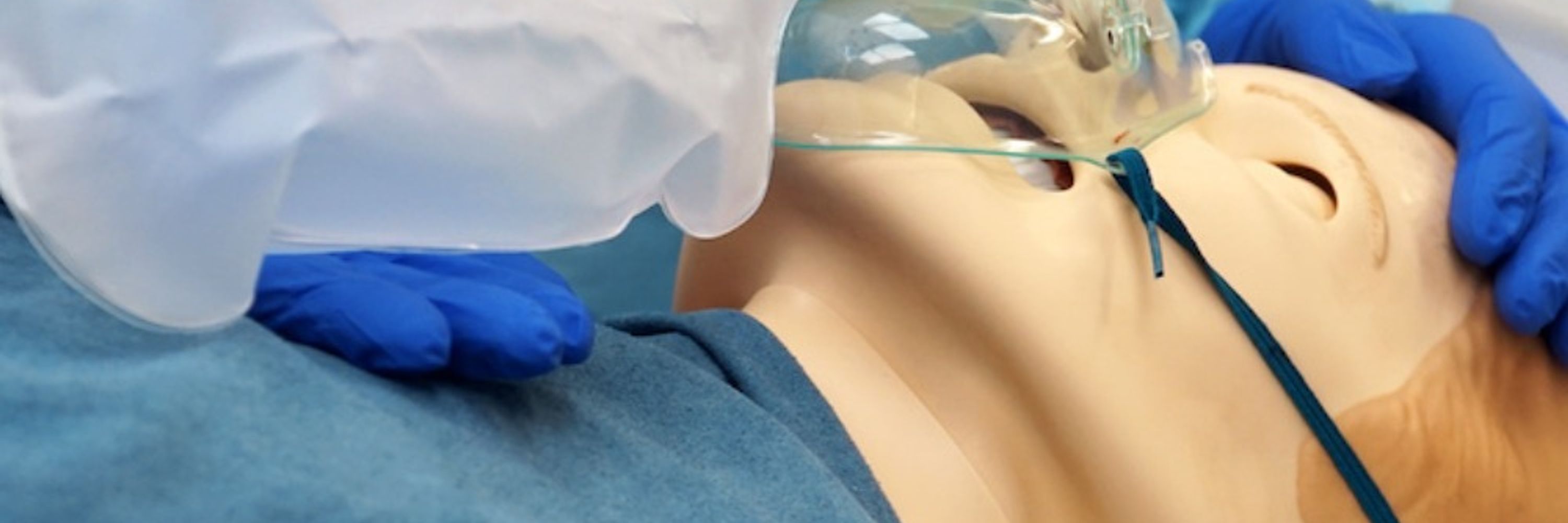
https://learn.health...
#HealthcareSimulation #ClinicalSimulation #MedicalSimulation

https://learn.health...
#HealthcareSimulation #ClinicalSimulation #MedicalSimulation
https://learn.health...
#HealthcareSimulation #ClinicalSimulation #MedicalSimulation
https://learn.health...
#HealthcareSimulation #ClinicalSimulation #MedicalSimulation
https://learn.health...
#HealthcareSimulation #ClinicalSimulation #MedicalSimulation
https://learn.health...
#HealthcareSimulation #ClinicalSimulation #MedicalSimulation
https://learn.health...
#HealthcareSimulation #ClinicalSimulation #MedicalSimulation
https://learn.health...
#HealthcareSimulation #ClinicalSimulation #MedicalSimulation
https://learn.health...
#HealthcareSimulation #MedicalSimulation #ClinicalSimulation
https://learn.health...
#HealthcareSimulation #MedicalSimulation #ClinicalSimulation
https://learn.health...
#HealthcareSimulation #MedicalSimulation #ClinicalSimulation
https://learn.health...
#HealthcareSimulation #MedicalSimulation #ClinicalSimulation
https://learn.health...
#HealthcareSimulation #ClinicalSimulation #MedicalSimulation
https://learn.health...
#HealthcareSimulation #ClinicalSimulation #MedicalSimulation
https://learn.health...
#HealthcareSimulation #ClinicalSimulation #MedicalSimulation
https://learn.health...
#HealthcareSimulation #ClinicalSimulation #MedicalSimulation
https://learn.health...
#HealthcareSimulation #ClinicalSimulation #MedicalSimulation
https://learn.health...
#HealthcareSimulation #ClinicalSimulation #MedicalSimulation
https://www.healthys...
#HealthcareSimulation

https://www.healthys...
#HealthcareSimulation
https://www.healthys...
#HealthcareSimulation

https://www.healthys...
#HealthcareSimulation
https://www.healthys...
#MedicalSimulation

https://www.healthys...
#MedicalSimulation
https://learn.health...
#HealthcareSimulation #ClinicalSimulation #MedicalSimulation
https://learn.health...
#HealthcareSimulation #ClinicalSimulation #MedicalSimulation
https://learn.health...
#HealthcareSimulation #ClinicalSimulation #MedicalSimulation
https://learn.health...
#HealthcareSimulation #ClinicalSimulation #MedicalSimulation
https://learn.health...
#HealthcareSimulation #MedicalSimulation #ClinicalSimulation
https://learn.health...
#HealthcareSimulation #MedicalSimulation #ClinicalSimulation
https://learn.health...
#HealthcareSimulation #MedicalSimulation #ClinicalSimulation
https://learn.health...
#HealthcareSimulation #MedicalSimulation #ClinicalSimulation
https://learn.health...
#HealthcareSimulation #ClinicalSimulation #MedicalSimulation
https://learn.health...
#HealthcareSimulation #ClinicalSimulation #MedicalSimulation
https://www.healthys...
#ClinicalSimulation

https://www.healthys...
#ClinicalSimulation
https://www.healthys...
#HealthcareSimulation #ClinicalSimulation

https://www.healthys...
#HealthcareSimulation #ClinicalSimulation
https://learn.health...
#HealthcareSimulation #MedicalSimulation #ClinicalSimulation
https://learn.health...
#HealthcareSimulation #MedicalSimulation #ClinicalSimulation
https://learn.health...
#HealthcareSimulation #ClinicalSimulation #MedicalSimulation
https://learn.health...
#HealthcareSimulation #ClinicalSimulation #MedicalSimulation
https://learn.health...
#HealthcareSimulation #ClinicalSimulation #MedicalSimulation
https://learn.health...
#HealthcareSimulation #ClinicalSimulation #MedicalSimulation
https://learn.health...
#HealthcareSimulation #ClinicalSimulation #MedicalSimulation
https://learn.health...
#HealthcareSimulation #ClinicalSimulation #MedicalSimulation
https://www.healthys...
#HealthcareSimulation #ClinicalSimulation #MedicalSimulation

https://www.healthys...
#HealthcareSimulation #ClinicalSimulation #MedicalSimulation
https://learn.health...
#HealthcareSimulation #ClinicalSimulation #MedicalSimulation
https://learn.health...
#HealthcareSimulation #ClinicalSimulation #MedicalSimulation

